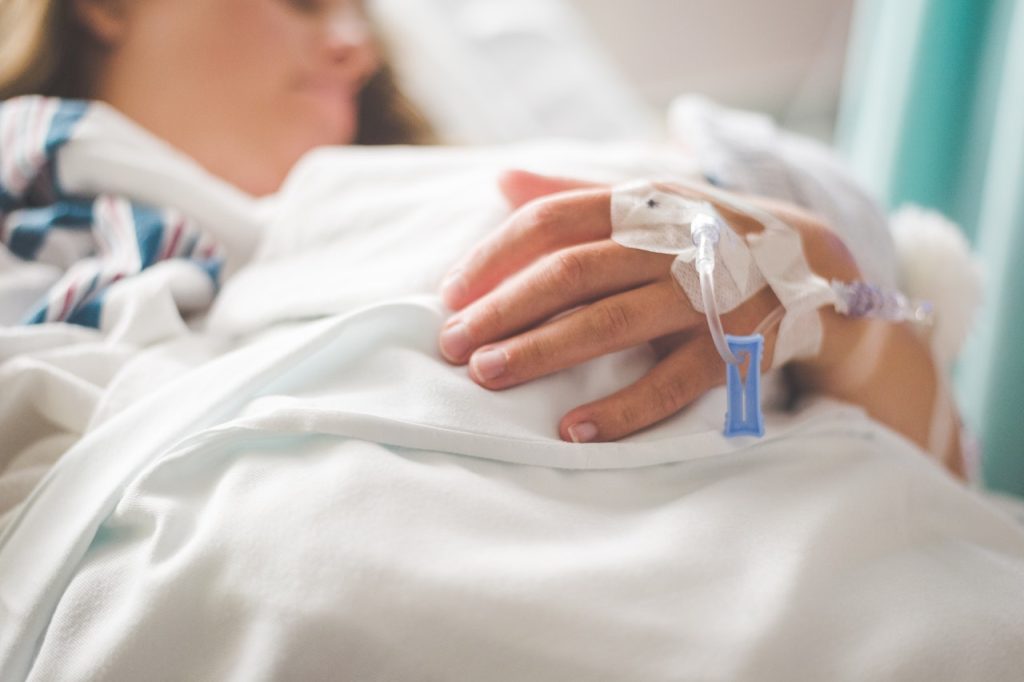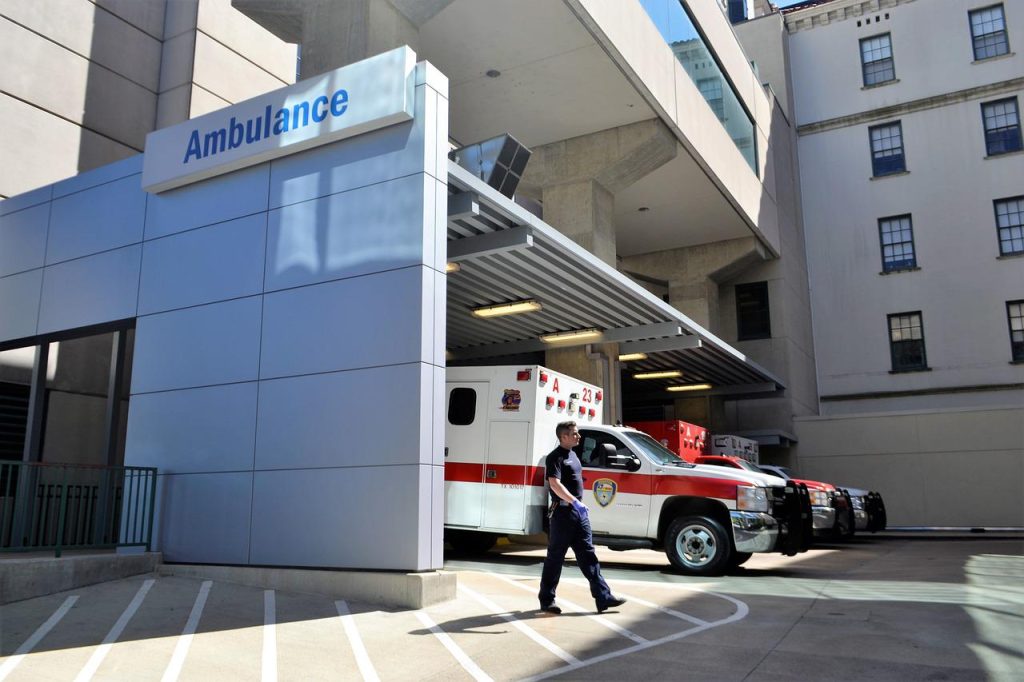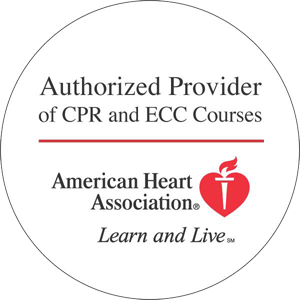
HeartCert is excited to announce the opening of our newest locations in Peoria, Illinois, Eastpointe, Michigan and Omaha/Lincoln, Nebraska. These locations offer both virtual training for individuals or instructor-led training at a time and location convenient for everyone.
Peoria on-site training courses will be held at 9102 N Industrial Road.
Eastpoint on-site training courses will be held at 17200 E.10 Mile Road.
Omaha/Lincoln on-site training courses will be held at 331 N Cotner Boulevard, Lincoln and Fire and Rescue 13, East Main Street, Cedar Bluffs.
Find a HeartCert Training Center Near You
Healthcare Training Courses Offered in Illinois, Michigan and Nebraska
In addition to our standard CPR, First Aid and AED courses, we offer a wide variety of trainings at our new locations. These include: BLS, ACLS and PALS; Certified Nursing Assistant Courses, IV and EKG training; 1 on 1 flexible CPR training; and CPR instructor courses.
Not near a HeartCert location? Sign up for a virtual CPR certification course!
Our skilled and experienced CPR instructors are also available for on-site CPR training courses. If you have a group of employees or team members who want or need to be certified in CPR, first aid, or AED use, contact HeartCert to schedule your on-site training today. Discounted class vouchers are available for companies where employees need training at different times.
HeartCert CPR is your trusted training partner for CPR, ACLS, PALS, EMR, First Aid, CNA, IV, EKG and more, in Minnesota and throughout the United States.
HeartCert CPR courses include CPR/AED/First Aid, Basic Life Support (BLS), Advanced Cardiac Life Support (ACLS), Pediatric Advanced Life Support (PALS), Certified Nursing Assistant training, IV training, EKG training, babysitter basics and more. Courses and certifications from both the American Heart Association and American Red Cross are available.
We are now offering virtual CPR courses and certifications, as well as safe in-person courses at all locations and our headquarters, HeartCert CPR Eagan.







